
Tina Hesman Saey
Senior Writer, Molecular Biology, Science News
Science News senior writer Tina Hesman Saey is a geneticist-turned-science writer who covers all things microscopic and a few too big to be viewed under a microscope. She is an honors graduate of the University of Nebraska-Lincoln where she did research on tobacco plants and ethanol-producing bacteria. She spent a year as a Fulbright scholar at the Georg-August University in Göttingen, Germany, studying microbiology and traveling. Her work on how yeast turn on and off one gene earned her a Ph.D. in molecular genetics at Washington University in St. Louis. Tina then rounded out her degree collection with a master’s in science journalism from Boston University. She interned at the Dallas Morning News and Science News before returning to St. Louis to cover biotechnology, genetics and medical science for the St. Louis Post-Dispatch. After a seven year stint as a newspaper reporter, she returned to Science News. Her work has been honored by the Endocrine Society, the Genetics Society of America and by journalism organizations.

All Stories by Tina Hesman Saey
-
 Health & Medicine
Health & MedicineKeeping an irregular schedule may change how many calories you burn
Our daily cycle of calorie burning is one of many body processes that follow a biological clock.
-
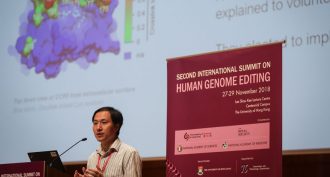 Genetics
GeneticsScientist reports first gene editing of humans
A Chinese researcher claims to have edited the DNA of human embryos. Babies from those embryos were born this month, and the news kicked off a firestorm of controversy.
-
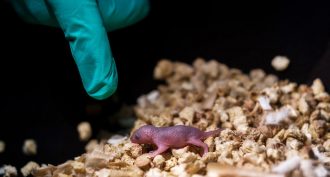 Genetics
GeneticsGene editing creates mice with no mom
Scientists used gene editing to make the first ever mice with two dads. But these motherless pups died soon after birth.
-
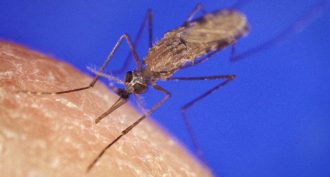 Genetics
GeneticsGene editing wiped out a population of mosquitoes in lab tests
For the first time, a gene drive caused a population crash of mosquitoes. Such gene editing could drive the malaria-carrying insects to extinction.
-
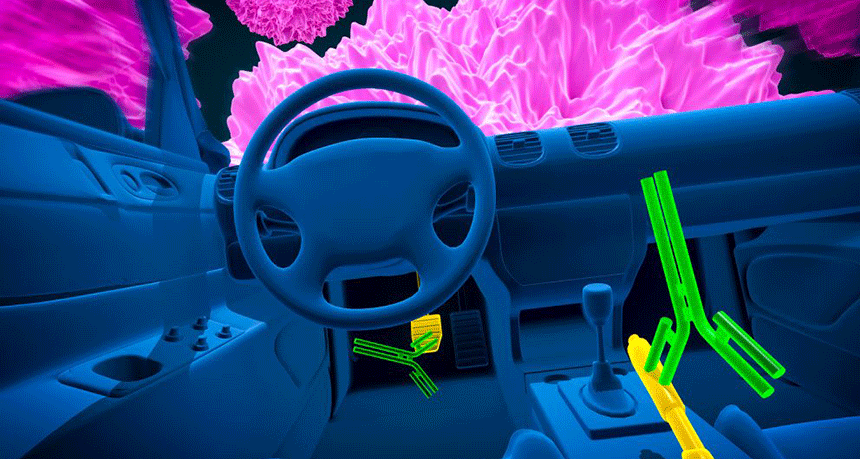 Health & Medicine
Health & MedicineImmune targeting of cancers wins two a 2018 Nobel Prize
Doctors used to target cancers with a scalpel, toxic chemicals and radiation. Two scientists just won a Nobel Prize for coming up with a fourth tactic: turning on the immune system.
-
 Health & Medicine
Health & MedicineGut ‘bug’ transplants can bring kids with autism lasting benefits
Giving fecal transplants to kids with autism helped their stomach symptoms and behavioral symptoms — even two years after the poop trade.
-
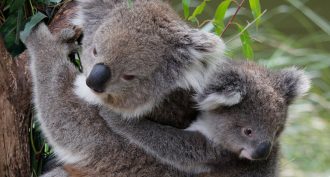 Genetics
GeneticsKoala genes could help scientists save these furry animals
Scientists have examined the clues within koalas’ genetic instruction book. They are learning more about how to save these cuddly creatures.
-
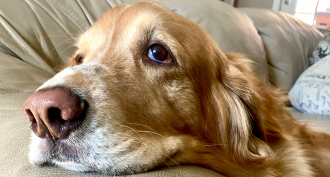 Health & Medicine
Health & MedicineDogs carry a grab bag of flu viruses
Dogs carry a mix of flu viruses, including some that came from pigs. But there’s no reason to worry just yet.
-
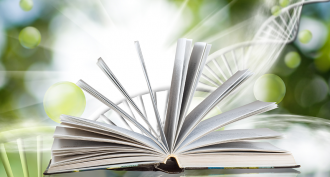 Genetics
GeneticsYour DNA is an open book — but can’t yet be fully read
There are many companies that offer to read your DNA. But be prepared: They cannot yet fulfill all those promises you read in their ads.
-
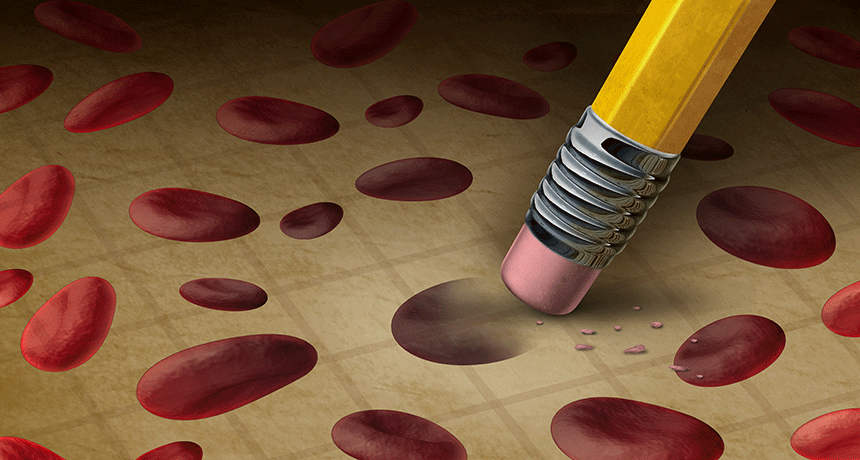 Genetics
GeneticsNew tools can fix genes one letter at a time
New tools can edit the genome one letter at a time, correcting common errors that lead to disease.
-
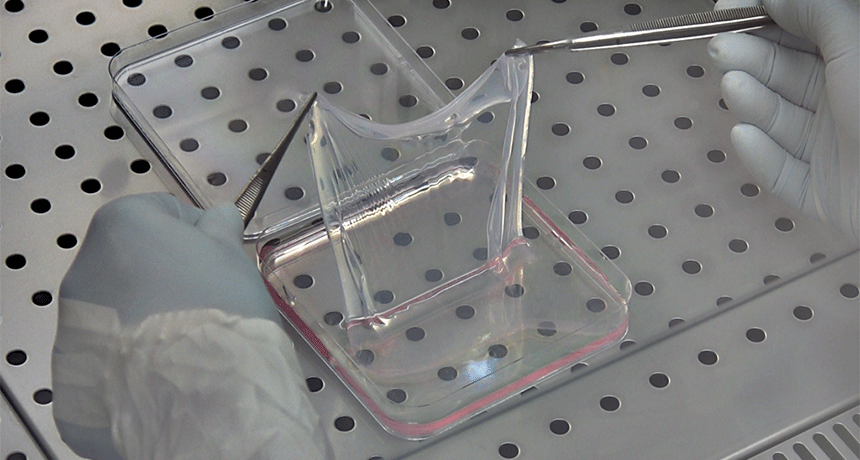 Life
LifeDoctors repair skin of boy dying from ‘butterfly’ disease
Researchers fixed a genetic defect, then replaced about 80 percent of a child’s skin. This essentially cured the boy’s life-threatening disease.
-
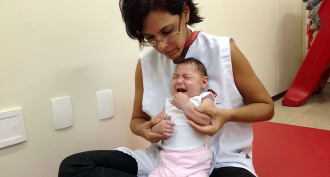 Genetics
GeneticsSmall genetic accident made Zika more dangerous
A new study finds that a tiny mutation made the Zika virus more dangerous, by helping it kill cells in the fetal brain.